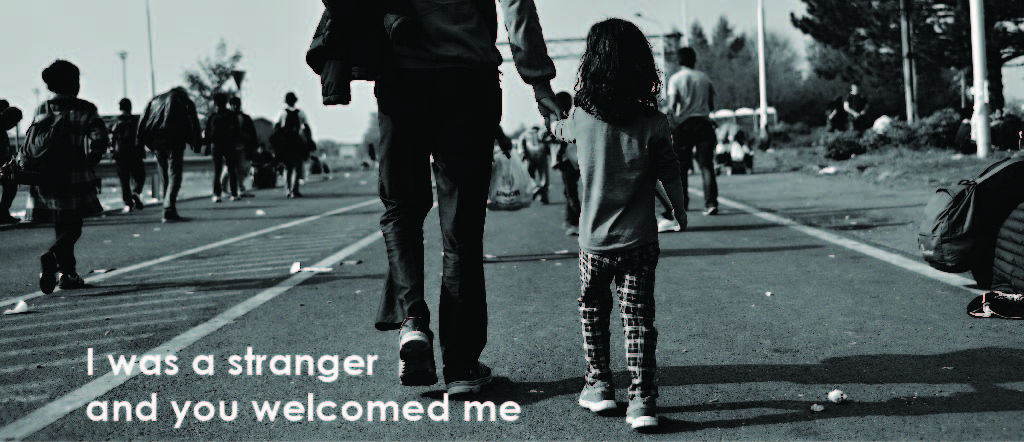
Welcoming Strangers

Canadian Christians are faced with an ongoing challenge of following Christ in an increasingly secular society. Christianity is exclusive--Jesus says there is only one way to the father, through him (Jn. 14:6). Our society has placed a high value on inclusion and tolerance, putting many Christians at odds with prevailing societal trends. Canadian culture is being reshaped by liberal immigration policies which are contributing toward Canada becoming one of the most ethnically diverse nations in the world. A biblical understanding of how Christians should welcome strangers is imperative for our day.
We all wrestle with the challenge of how Christians can welcome strangers. How do we demonstrate love toward people who are very different from us? This grounded research investigation of the phenomenon of evangelical hospitality toward Syrian immigrants in Canada sets the course for an important study on the impact of practicing hospitality toward people who are strangers to us. While this study is focused on Syrian immigrants, I suspect that what is learned will have application toward interactions with people from other ethnic, religious, or geographic backgrounds, or even for those who may feel like moral or ethical strangers due to strongly held opinions or beliefs.
This study establishes the importance of hospitality in the early church, both as a command of Christ and as a factor in the rapid growth of the early Christian church. Hospitality was an integral component in the mission of the church and it should continue to be of great importance to the church today.
The data collected for this research project will include demographic and geographic data gathered through surveys and documents. The heart of the research will be provided through interviews with church leaders and individuals involved in hospitality ministry in evangelical congregations. Careful attention will be given to the interview process. The intent of the researcher is to listen to the stories of the participants and document how they describe their feelings, attitudes, and experiences as hosts.
Reflecting on the data, I hope to identify effective ways for Canadian evangelicals to recover the biblical art of hospitality and discover fresh responses to the complex contemporary call for Canada to be a tolerant society. Canadian Christians need an informed theology of what it means to be tolerant and inclusive as Christians. We must learn how to see others the way God sees them. This study should help us identify what it looks like to be a “Good Samaritan” in our modern culture and context.
Experiencing New Vitality Presentation